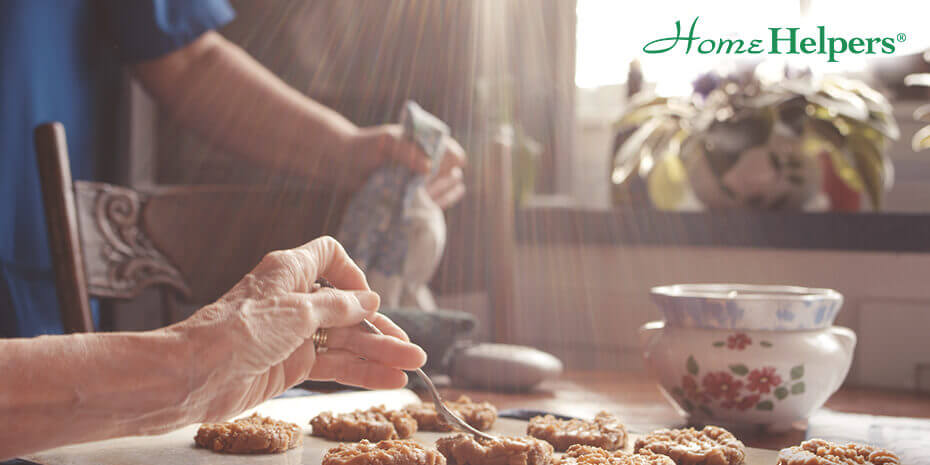
We’ve heard it all before. Sugar is bad for you, and some artificial sweeteners are not so great, either. Added sugar can contribute to type 2 diabetes, high triglyceride levels, low HDL (good cholesterol) levels, tooth decay and overall poor nutrition. Now it turns out that sugar may be a contributing factor to Alzheimer’s disease, so it is especially important that seniors watch their sugar intake. Cutting back on added sugar may be harder for some people than others. Studies indicate that people with a “sweet tooth” have genetic markers that can predict their preference for sugary foods. By using sugar substitutes and artificial sweeteners, you can help control sugar intake for yourself and your loved one.
Natural Sugar vs. Added Sugar
Sugars that occur naturally in foods are okay to eat because they contain micronutrients, fiber and water. It is added sugar like the sucrose found in table sugar and high fructose corn syrup that are the culprits. By eating fruit and other foods with natural sugar and choosing the right artificial sweeteners, you can control the amount of sugar you eat each day. For seniors who live on their own, an in-home caretaker can prepare delicious meals and snacks with ingredients that prevent sugar overload.
How Much is Too Much?
According to the American Heart Association, it is important to limit sugar to protect your health. That means a daily allotment of just 6 teaspoons or 25 grams for women, and 9 teaspoons or 37.5 grams for men. That translates to 100 calories per day for women, and 150 calories per day for men from sugar.
Sugar Substitutes and Artificial Sweeteners
To control the amount of sugar you take in each day, sugar substitutes and artificial sweeteners can provide a practical and tasty replacement. Here are some popular choices:
- Honey
Honey is a natural sweetener that has health benefits including heart-healthy, anti-microbial and anti-inflammatory effects. But honey will break down into fructose and glucose, the same as sugar.
- Agave
Agave nectar is another natural sweetener that is low on the glycemic index and does not lead to blood sugar spikes. Diabetics should be aware that agave contains fructose that can increase insulin resistance and result in weight gain, so other sugar substitutes or artificial sweeteners are a better choice.
- Coconut Sugar
An unrefined natural sweetener, coconut sugar contains vitamins and minerals. Coconut sugar does not produce blood sugar fluctuations. However, coconut sugar has the same caloric count as sugar.
- Stevia
Also known as Truvia, Pure Via and Rebiana, stevia extract is derived from a plant so it does not contain chemicals. Stevia has no calories and is safe for diabetics.
- Splenda
Splenda is sucralose, an artificial sweetener that is hundreds of times sweeter than sugar. It does not contain calories and it is safe for diabetics. Only a small amount is needed since it is so sweet.
Hiring a Caregiver
An in-home caregiver can help your loved one by preparing meals and making snack suggestions that limit added sugar. Home Helpers of South Shore is owned and operated by a compassionate health professional with a strong understanding of the needs of aging seniors. Contact Home Helpers to help your aging loved one.
Please fill out the form on the left and we will get in touch with you about setting up in-home health care, or call us at (781) 912-3196 to determine the plan that is right for you.
We serve the following communities:
Abington , Braintree , Brockton , Buzzards Bay , Carver , Cohasset, Dighton , Duxbury , Falmouth , Halifax , Hanson , Hingham , Holbrook , Hull , Humarock , Kingston , Lakeville , Marshfield , Mashpee , Middleboro , Norwell , Pembroke , Plymouth , Plympton , Quincy , Randolph , Rockland , Sandwich , Scituate , Taunton , Wareham , Weymouth , Whitman

